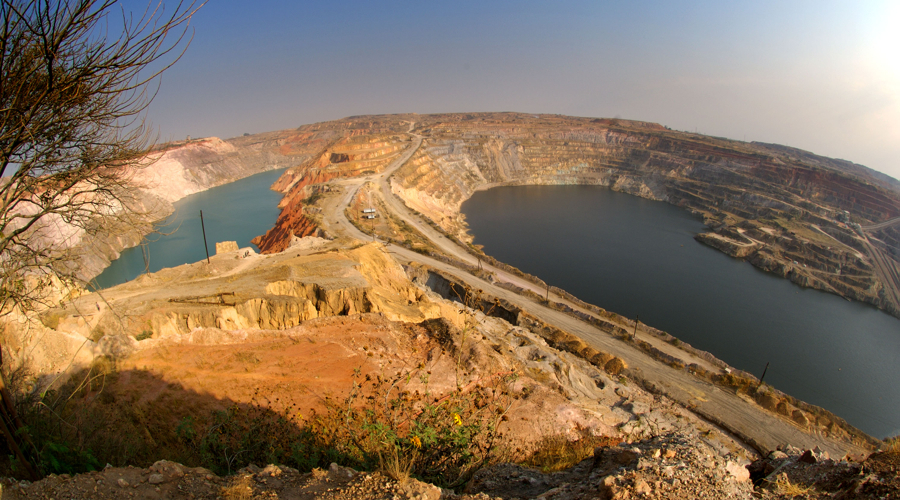Glencore says copper output will rise as Katanga ramps up

JOHANNESBURG, Feb 1 (Reuters) – Glencore on Thursday said copper output in 2018 should rise to nearly 1.5 million tonnes as its Katanga mine in Democratic Republic of Congo ramps up to add roughly 150,000 tonnes, as well as 11,600 tonnes of cobalt.
During the commodities crash in 2015, Glencore reduced output of commodities including zinc and copper and shut its Katanga operation in Congo for an upgrade.
Copper output in 2017 fell by 8 percent to just over 1.3 million tonnes, while cobalt, a market Glencore dominates and which has soared in response to expected demand for battery minerals, slipped to 27,400 tonnes.
Cobalt is a by-product of copper and Glencore’s output in 2018 should reach 39,000 tonnes as the Katanga mine increases output.
Zinc production was roughly steady for 2017 and should stay around steady at just above 1 million tonnes in 2018, the company said.
The figures were broadly in line with guidance issued in December.
BMO Capital Markets in a note said zinc output for the last quarter of 2017 was slightly below analyst forecasts and copper higher, but on an annual basis the shortfall versus estimates was immaterial.
Glencore shares were down 0.4 percent in early trade on London.
After recovering from a deep commodities crash in 2015, Glencore has led the mining sector higher, outperforming its peers last year.
It has benefited from its exposure to minerals needed for a transition to electric vehicles, including copper and cobalt. Glencore accounts for around a third of the current global cobalt market.
The metal is one of the minerals where Glencore sees a strategic advantage because around two-thirds of the world’s output is concentrated in Democratic Republic of Congo, which many miners consider too risky because of its political instability.
(Reporting by Barbara Lewis in Johannesburg and Noor Zainab Hussain and Rahul B in Bengaluru; editing by Adrian Croft and Jason Neely)
More News
{{ commodity.name }}
{{ post.title }}
{{ post.date }}




Comments